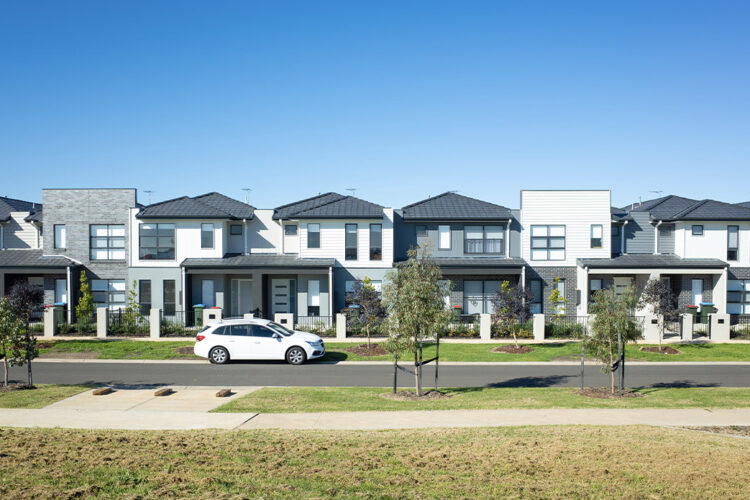After a record year in 2021, Tasmania appears on track to exceed the total value of properties sold across the state yet again in 2022.
According to the Real Estate Institute of Tasmania (REIT), even with the volume of sales falling in the first six months of this year compared to last, the continued growth in house prices will likely put 2022 over the edge to surpass 2021’s record cumulative value of sales total of $6.2 billion.
The institute’s June quarterly figures show that sales numbers for the first half of this year are down 10.5 per cent over January to June 2021. And yet the June quarter saw median house prices grow 2.6 per cent to $626,000. Land prices increased 10.6 per cent to $267,500, and unit prices held steady.
The top end of the market has certainly been a contributor to the high cumulative values across the state. Sales in the $1 million-plus market increased 81.7 per cent year on year.
REIT president Michael Walsh said that while the market showed signs of softening, the state continued to face substantial supply problems for both sales and rentals. He noted that recent changes had appeared to impact those trying to enter the market much more so than those buying at higher price points.
Notably, first home buyer numbers decreased 12 per cent (to 821) in the first half of the year.
But the body noted that even with an observed decline in buyer confidence and bullish buyer activity subsiding, “properties are continuing to sell and supply of both properties to buy and rent continues to remain our biggest challenge”.
The latest figures certainly did not bode well for the state’s worsening rental crisis. Investor activity was revealed to have dropped back 10 per cent over the past six months, with that pace accelerating in the second quarter.
Mr Walsh commented that he was alarmed to see continuation of “the retracting rental market, which is already under extreme pressure”.
“The lack of investment in this sector is of real concern. I cannot see any short-term solutions to resolve this issue,” he said.
The body put the decline down to a perfect storm of rising prices, diminishing yields and legislative uncertainty deterring investors from participating in the state’s market. It also noted that among those homes selling to investors, many could be attributed to the resale of existing rental stocks, meaning very few new properties were becoming available.
The body is clearly hoping the third quarter will bring some uptick in investor numbers. Otherwise, it paints a dire picture.
“Any reduction of activity in this sector will only add more stress to an already overwhelmed rental sector,” REIT noted.


